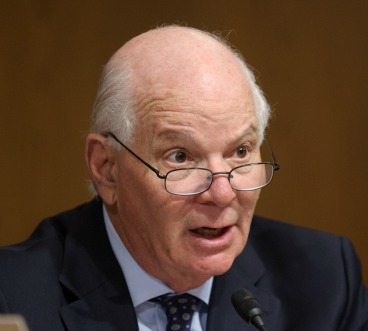Mr. President, the NATO Alliance is now considering its third round of post-Cold War enlargement. This will be the smallest of the rounds, with only two countries to consider compared to three in 1999 and seven in 2004. It should also be easiest, since the development of Membership Actions Plans allow NATO significantly more pre-invitation interaction with aspirants today than took place in earlier rounds. Albania and Croatia were formally invited at the April NATO Summit in Bucharest, Romania. Macedonia did not receive an invitation because of its lingering name dispute with Greece, and several European allies were unwilling to go forward with Membership Action Plans for Georgia and Ukraine.
In March of this year, the Helsinki Commission, which I co-chair, held a hearing on the prospects for NATO enlargement which included testimony from expert analysts and contributions from the embassies of these five countries. We have also had hearings on the matter in the Senate Foreign Relations Committee which included administration views. It is important for the Senate to act on these protocols quickly so that ratification by all NATO countries can be completed in a timely matter.
Turning to the records of the two aspirants, Albania has made tremendous strides since 1991, and the country is solidly committed to Euro-Atlantic integration. This is demonstrated by its contribution to numerous peace operations around the world. There are concerns about organized crime and official corruption in Albania, but I believe the country is well aware of these concerns and is continuing to undertake efforts to address them. The country is also aware of the need for further electoral reform before parliamentary elections next June.
Assistant Secretary of State for European Affairs Dan Fried credibly asserted before the Senate Foreign Relations Committee that “countries continue reforms rather than abandon them, when they join the alliance,” and this particularly applies to Albania given its ongoing EU aspirations. In that spirit, I want to express my support for Albania’s NATO membership, which will strengthen the alliance as well as the prospects for further reform in Albania.
Croatia is clearly ready for NATO membership. Its democratic credentials are very strong. Recovering from the violent breakup of Yugoslavia, the country essentially shed its extreme nationalist leanings in 2000 and has been in rapid transition ever since. Croatia is also preparing for EU membership, boosting reform efforts, and it has become an increasingly active and helpful player in world affairs. I therefore want to express my strong support for Croatia’s NATO membership as well.









